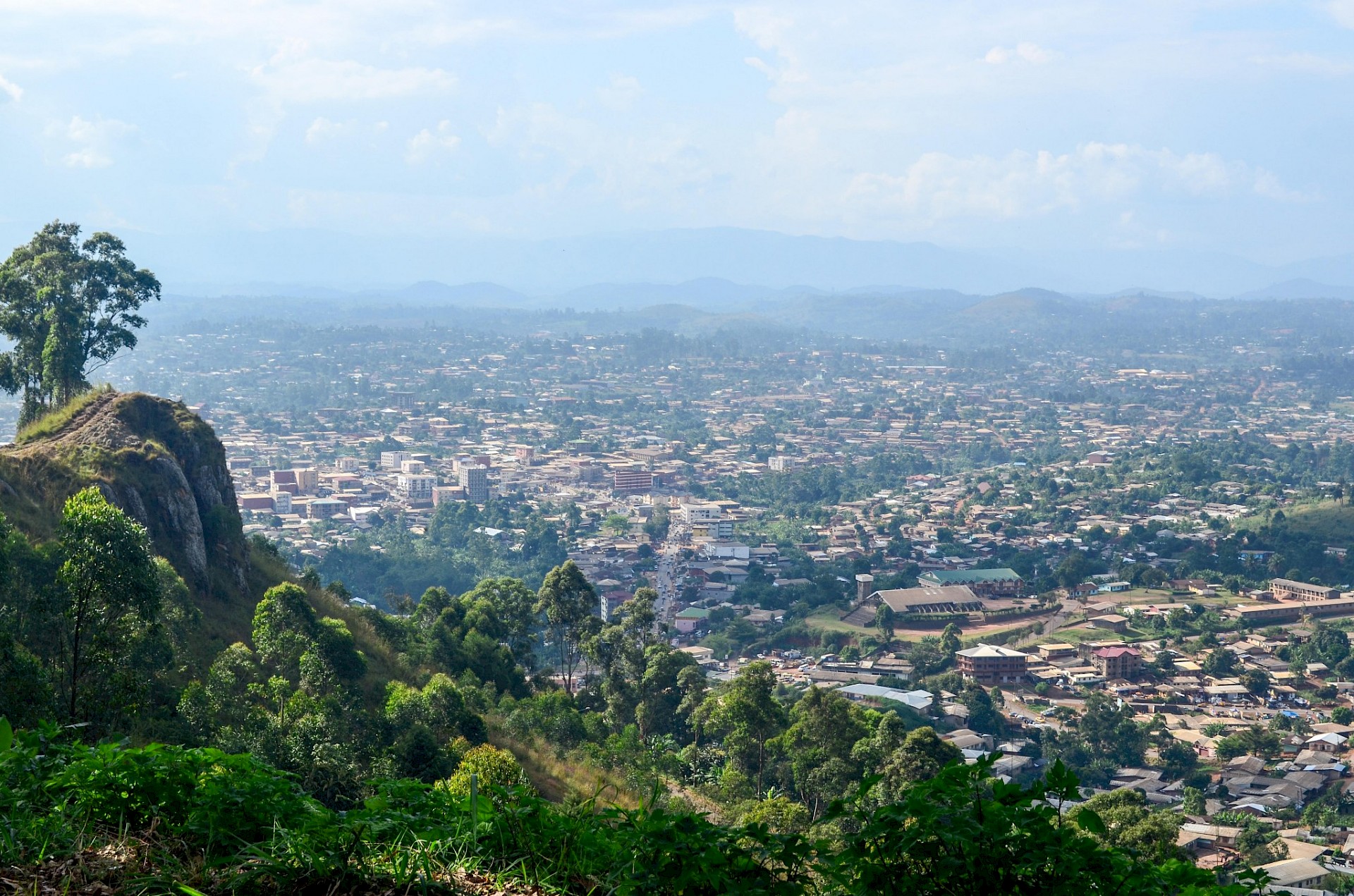EYE TOK SAY...

Abakwa Photographie-projekt
Ausschreibung 25.06.–31.12.2020
Ein Projekt von SAVVY Contemporary in Kollaboration mit CUBE Lounge und #NIGHTOFVOICES in Bamenda
Due to the ongoing crisis in the anglophone regions of Cameroon and the even more unstable socio-political climate that dwells in these regions, the need and urge to document the events happening there has never been as strong as it is now. Recent attacks and confrontations between the military armed forces and separatist groups advocating for the autonomy of these regions has left thousands of people affected and in a climate of horror, tension and fear.
We therefore find it essential to extend the Eye Tok Say… Abakwa Photography project so that together we can further explore the ongoing crisis and its impacts and in a collaborative effort, imagine a promising future for the region and its people. The submission deadline is extended to Thursday 31.12.2020 and entries can be submitted to the following e-mail address: bamendaphotographyproject@gmail.com
Our hearts and thoughts with the victims of the crisis.
The EYE TOK SAY… Abakwa Photography Project (APP) is a participatory initiative that aims to build a non-profit, community photography archive of Bamenda, the third largest urban centre and birthplace of democracy in Cameroon. In building this photography archive, we strive towards documenting Bamenda’s dynamic history, as well as its contemporary, while capturing and celebrating its vibrant grassland culture, its resilient spirit and its optimism for a better tomorrow. For almost five years now, this region full of diverse peoples, cultures and breathtaking landscapes has undergone and is still undergoing drastic transformations due to numerous struggles and uprisings that have left the whole region physically, spiritually and culturally scarred and violated and no longer recognisable to those who call it home. The APP hopes through its platform to give the communities in this region the opportunity to “creatively” document these changes while preserving and exploring their collective memories and imagining a promising future. The project is inviting people from all walks of life to tell their stories visually with and through photos from multiple perspectives, which will be made accessible to the public through a digital and physical archive hosted in Bamenda. People can contribute archival or current photographs that in one way or the other deal with or have Bamenda as a point of departure or reference.
Why photography? Historically, photography has been a tool of reflection and mediator of certain realities. The photographer is a witness to certain occurrences, and photography as a documentation there of. For better or for worse, photography can be an embodiment of memory. It can perform memory. It can both remember and re-member, i.e. remind and connect to a certain past, as much as it can recollect and piece dislocated and erased histories together. With photography and photographic accounts, one can recover or establish a sense of beauty, a sense of aesthetics, a sense of being in the world and even pride and dignity – historically and in the present. Photography plays a role in the construction of, definition of and imagination of identities through imagery.
We invite you to contribute actively, critically and creatively to building this archive. Here is how you can participate:
Participation
● We accept pictures on any theme taken with the help of any device (smartphones, cameras, … etc).
● This project encourages and invites everyone (amateur and professional) irrespective of their age, gender, background to take part.
● Each participant can take part in the project just once per session (one entry per participant).
● A max of 20 images are accepted per entry.
● An example of how you can name your work (entry) is “Bamenda Upstation at Night by (your name)” or “Series of pictures by (your name)”.
● The initiative is non-commercial and we own no rights to the pictures submitted.
● Please note: By participating in this project, you have granted permission for your submitted images to be used for a non-commercial digital and physical community archive in Bamenda.
● All selected pictures will be uploaded on a protected online database accessible to everyone and eventually printed out for display in a suitable community space and archive in Bamenda.
● Selection process will be coordinated and carried out by a jury with members of SAVVY Contemporary, CUBE Lounge and Night of Poets.
● If your image(s) is selected, you will be invited to participate in a free photography workshop organized by SAVVY Contemporary, CUBE Lounge and Night of Poets.
The submission period is open from 25.06.2020 and closes on 31.12.2020. Entries are to be submitted to this email: bamendaphotographyproject@gmail.com.
If you have any questions concerning the project, please email bamendaphotographyproject@gmail.com.
EYE TOK SAY... Abakwa Photography Project (APP) is conceived by SAVVY Contemporary, and will be realised in collaboration with CUBE Lounge Bamenda (Anrette Ngafor) and #NIGHTOFVOICES (Tito Valery).
ARTISTIC DIRECTOR Bonaventure Soh Bejeng Ndikung
PROJECT COORDINATor Billy Carl Kuatche Fowo
PROJECT MANAGEMENT Lema Sikod
Communications Anna Jäger
